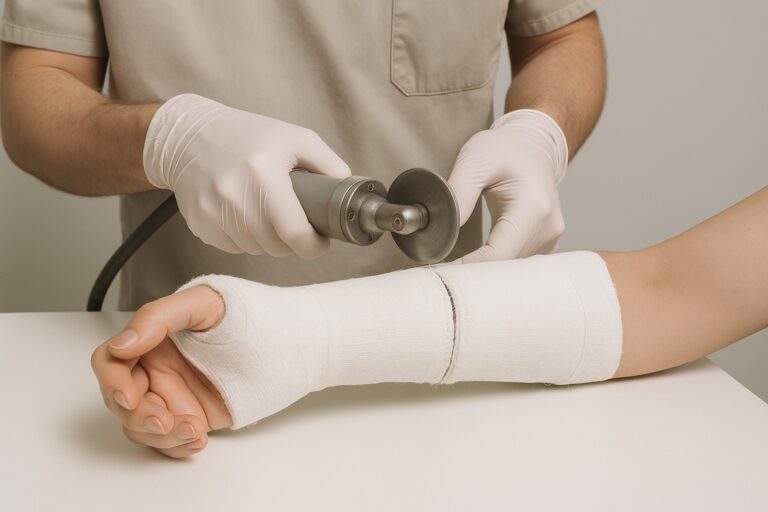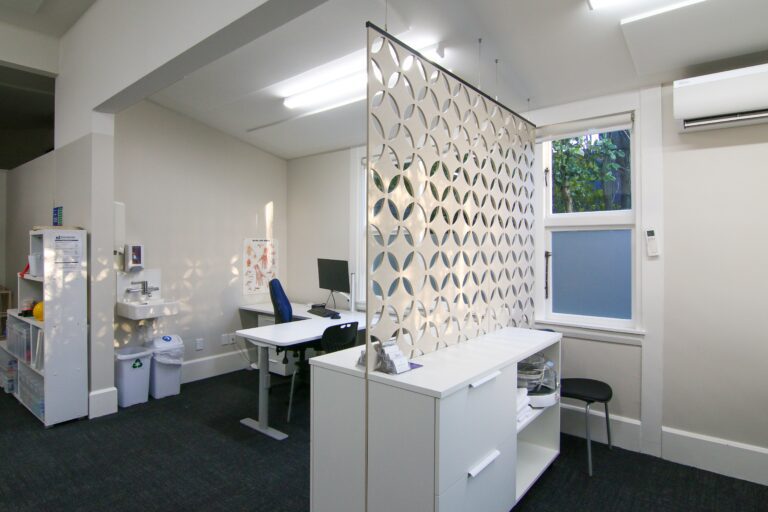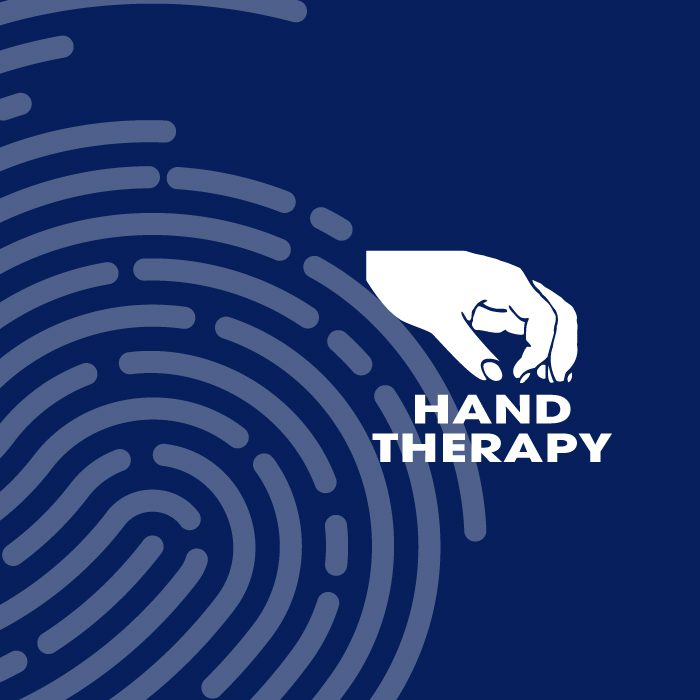Silicone gel sheeting (SGS) has been used in scar therapy for over 30 years, during which its efficacy has been the subject of numerous clinical evaluations. While the exact mechanisms by which SGS improves scar healing are yet to be fully agreed upon, its ability to do so remains largely undisputed. As such, topical silicone gel treatments seem to remain the first point of clinical recommendation in scar management.
The formation of scar tissue is generally characterised by thick levels of collagen. The application of silicone gel sheeting normalises hydration of the scar site to that of healthy skin, inhibiting the instruction to produce excess collagen cells. Another physical mode of action provided by Silicone gel sheeting is transferring tension from the lateral edges of the wound bed to the silicone gel sheet. This gentle reduction in tension can significantly reduce the rate of abnormal and keloid scarring. Research also suggests that SGS causes a significant temperature increase of the scar site, and so improves blood supply to the area.
New formulations and formats of silicone gel products are becoming available for use in the treatment of scarring resulting from surgery, burns, and other skin injuries requiring treatment. Current gel sheet products have been designed to be worn for up to 24 hours, washed and reused. Reduced cost and improved formulation have also improved access for patients, providing them with affordable products that can be used as part of their self-management programme.
At the Merivale Hand Clinic we have a range of silicone gel products that are able to be purchased by current patients as part of their treatment strategy. We also have over-the-counter sales of silicone products.


